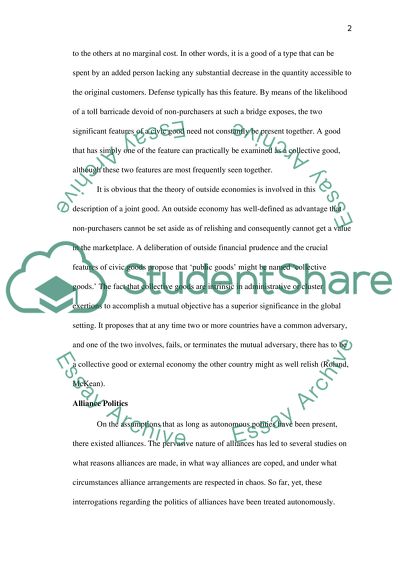Cite this document
(“The collective good problem in alliance politics. How can the U.S Research Paper”, n.d.)
The collective good problem in alliance politics. How can the U.S Research Paper. Retrieved from https://studentshare.org/history/1492550-the-collective-good-problem-in-alliance-politics
The collective good problem in alliance politics. How can the U.S Research Paper. Retrieved from https://studentshare.org/history/1492550-the-collective-good-problem-in-alliance-politics
(The Collective Good Problem in Alliance Politics. How Can the U.S Research Paper)
The Collective Good Problem in Alliance Politics. How Can the U.S Research Paper. https://studentshare.org/history/1492550-the-collective-good-problem-in-alliance-politics.
The Collective Good Problem in Alliance Politics. How Can the U.S Research Paper. https://studentshare.org/history/1492550-the-collective-good-problem-in-alliance-politics.
“The Collective Good Problem in Alliance Politics. How Can the U.S Research Paper”, n.d. https://studentshare.org/history/1492550-the-collective-good-problem-in-alliance-politics.


